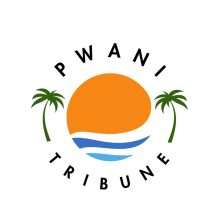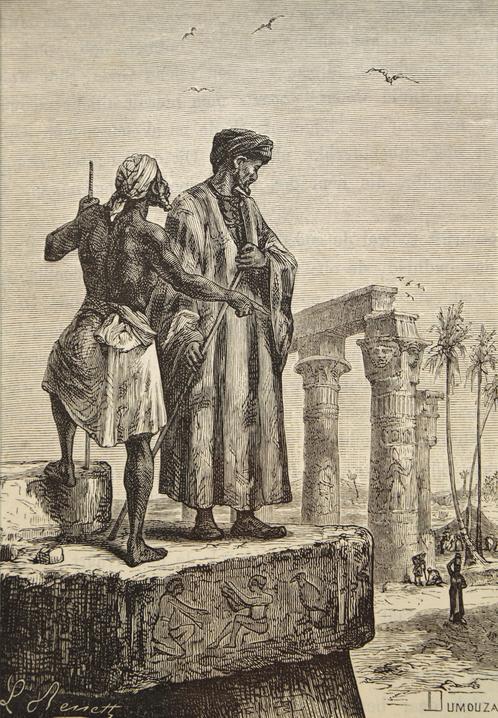Ibn Battuta (24th Feb. 1304 – 1368/1369), Muslim Moroccan scholar/explorer. By acclamation the greatest traveller in pre-modern history covering over 72,000 miles. Ahead of Zheng He (30,000 miles) & Marco Polo (15,000 miles). Notably, he spent a night in Mombasa in 1331.
A Moroccan of Berber descent, born in Tangier to a family of Islamic legal scholars, he followed in the same path until 1324 at the age of 21 when he set off to perform the Hajj in Mecca. Behind the decision, a growing love for adventure. He would be away from home for 24 years.
He profoundly stated, “I set out alone, having neither fellow-traveller in whose companionship I might find cheer nor caravan whose part I might join, but swayed by an overmastering impulse within me & a desire long-cherished in my bosom to visit these illustrious sanctuaries. So I braced my resolution to quit my dear ones, female and male, and forsook my home as birds forsake their nests. My parents being yet in the bonds of life, it weighed sorely upon me to part from them, and both they and I were afflicted with sorrow at this separation.”
What was initially to be a pilgrimage to Mecca (to take sixteen months), turned into a journey to meet all Muslim rulers in the world at the time. With a trail of marriages featuring in his travels. He received recommendations of who to meet from pious men he met along the way. One like Sheikh Sheikh Burhanuddin in Alexandria, foretold Ibn Battuta’s destiny as a world traveller, “It seems to me that you are fond of foreign travel. You must visit my brother Fariduddin in India, Rukonuddin in Sind, and Burhanuddin in China. Convey my greetings to them”.
His overnight stay in Mombasa in 1330/1331 (I cheekily consider him the ‘patron saint’ of Airbnb), came as a stopover from Mogadishu, on his way to Kilwa. He described Mogadishu as an exceedingly large city with many rich merchants, noted for its high-quality fabric for export. He described Mombasa as having fruit trees on the island, but no cereals and the residents’ food consisting chiefly of bananas and fish. He termed the inhabitants as pious, honourable, and upright. He noted the mosques as being well-built and wooden. Kilwa, received even more favourable reviews, “one of the finest & most beautifully built towns; all the buildings are of wood, & the houses are roofed with reeds”. He noted the Kilwa Sultanate’s rule as spanning from Malindi in the north to Inhambane (Mozambique) in the south.
Zheng He & Vasco da Gama travels were commissioned, Ibn Battuta’s were solitary travels (even more remarkable) that necessitated him joining caravans to reduce the risk of being robbed. His travels are recorded in a travelogue known as ‘The Rihla’. Like Zheng He & Vasco da Gama’s personal cost of crew losses, Ibn Battuta’s travels too came at a cost of never seeing his parents again. When he found out his father had died 15 years earlier he made his way home to find that his mother too had died months before his arrival.
Ibn Battuta was ultimately at peace with his life of travel, with him quoted as saying, “I have indeed, praise be to God, attained my desire in this world, which was to travel through the earth, and I have attained this honour which no ordinary person has attained”.



